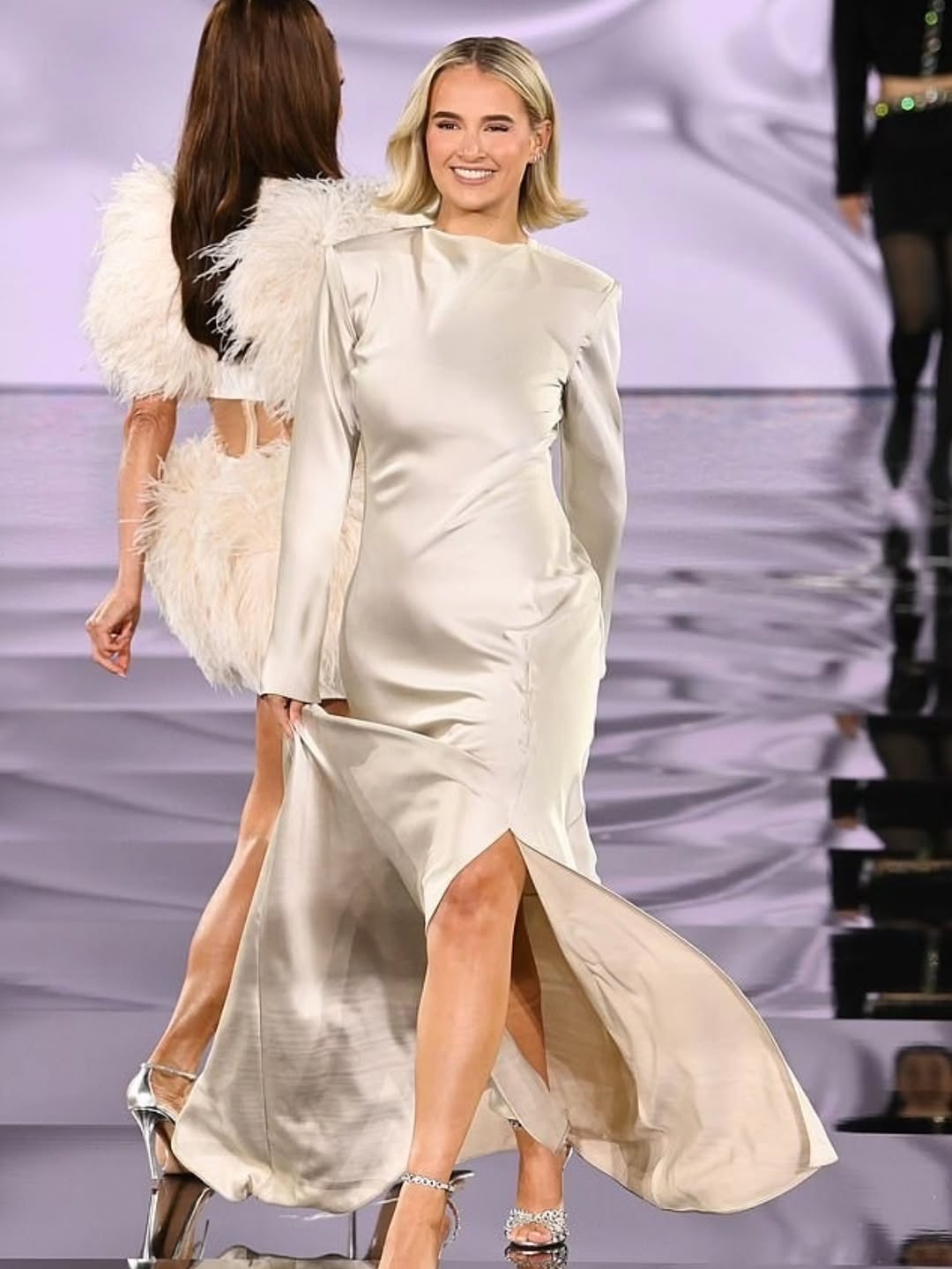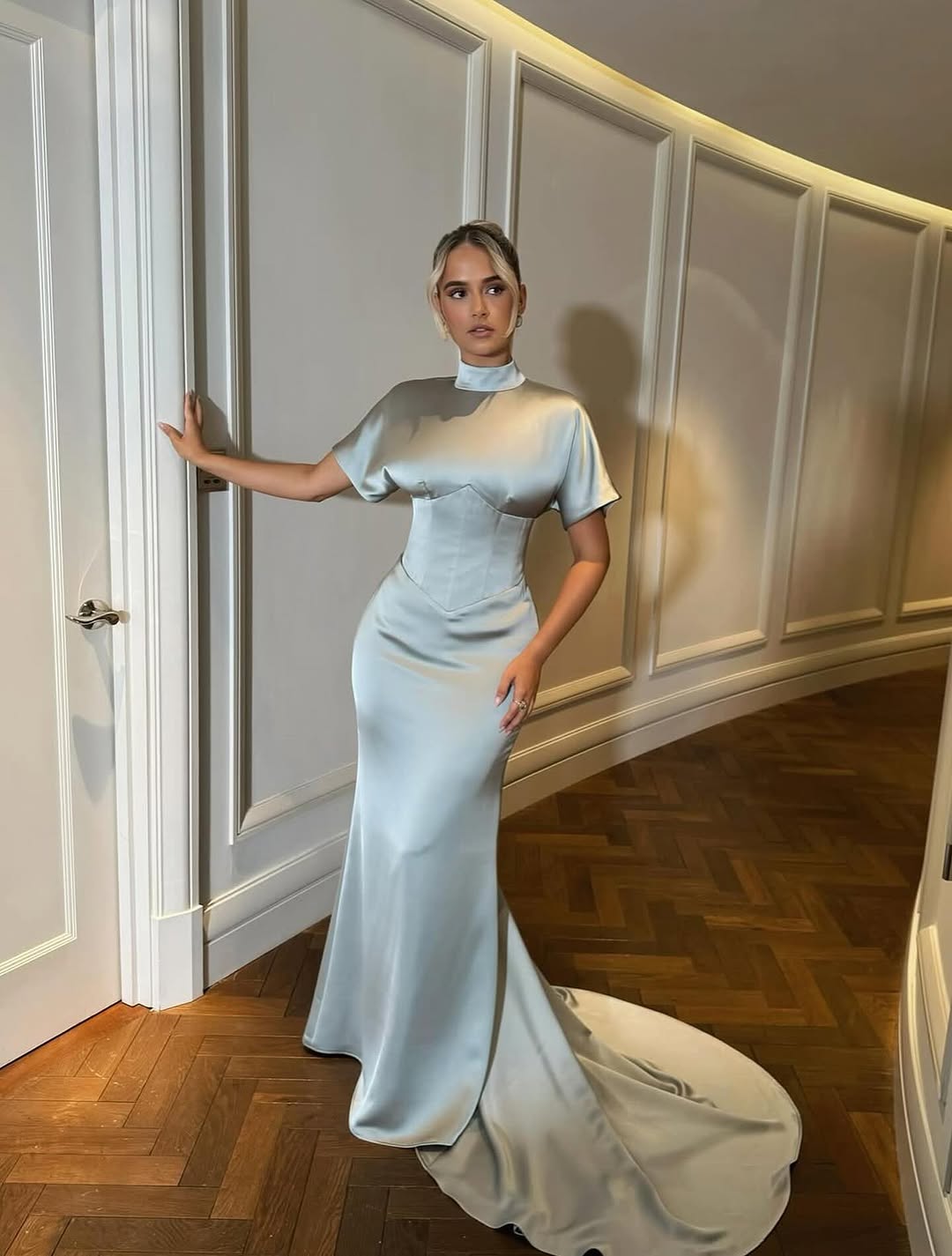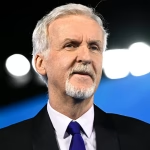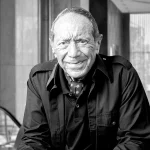Molly-Mae Hague: Building an Empire Beyond Influence
How a digital personality turned lifestyle into enterprise — and the economic ripple effects that followed.
When Love Island alumnus Molly-Mae Hague unveiled her latest fashion line under her label Maebe, headlines from The Sun focused on the oversized blazers and trend-driven tailoring. But for readers of CEO Today, this is more than a style story — it’s a case study in personal brand monetisation, financial diversification, and the unintended business impact of celebrity influence.
Her entrepreneurial decisions from creative direction at PrettyLittleThing to founding her own beauty and fashion ventures demonstrate how fame, when paired with structure and discipline, can evolve into a sustainable enterprise. This blend of creative capital and corporate thinking represents a playbook that modern executives can learn from.
The Finance and Legal Framework Behind the Brand
Before diving into her media influence, it’s essential to note that Hague’s success rests on a foundation of financial planning and legal protection. Her company, MMH Group Holdings Ltd, consolidates her multiple ventures — offering both tax efficiency and brand control. Each of her brands (Filter by Molly-Mae, Maebe) has trademark protections registered under UK IPO, shielding her intellectual property and visual identity from duplication.
As Dr. Alex Connock, Senior Fellow in Management Practice at Oxford Saïd Business School, observed in a Financial Times interview on influencer economics:
“The most successful creators are those who understand they are running media businesses — with P&L, governance, and intellectual property considerations just like any other company.”
Hague exemplifies that point. Her entrepreneurial evolution reveals how influencer marketing is no longer about visibility alone, but about asset creation, licensing, and long-term equity.

Molly Mae
From Influencer to Investor
Since her Love Island debut in 2019, Molly-Mae Hague has meticulously transformed her platform into a diversified income structure:
-
Creative Director, PrettyLittleThing – guiding product strategy and brand positioning, bringing a business perspective to creative execution.
-
Founder, Filter by Molly-Mae – leveraging influencer reach to establish an owned brand with recurring revenue.
-
Founder, Maebe – her 2025 launch introduces an upscale aesthetic targeting mid-market consumers while maintaining mass-appeal accessibility.
-
Brand Collaborations and Endorsements – strategically limited to partnerships that enhance her core image, avoiding overexposure.
Her estimated net worth now exceeds £6 million an outcome driven by diversified ventures rather than sponsorship alone.
Financially, this demonstrates a lesson relevant for CEOs across sectors: attention is the new currency, but structure turns it into sustainable wealth.
An Accidental Economic Influence
Interestingly, Hague’s impact now extends beyond fashion and beauty. A recent Nation.Cymru report found that after her documentary showcased the Welsh coastal village of Abersoch, searches and bookings for local stays surged by over 200 percent.
This phenomenon underscores the secondary economic effects of modern celebrity: a single episode or location mention can materially affect local tourism and property markets. For policymakers and entrepreneurs alike, it’s an illustration of how digital reach translates into real-world GDP movement.
In the words of Dr. Paul Zeller, economist at the London School of Economics who studies creative-industry valuation:
“Influencer economies show us that intangible capital — such as reputation and cultural association — can now produce measurable economic outcomes in unrelated sectors.”

Leadership and Governance Takeaways for Executives
Molly-Mae’s success is rooted in behaviours executives will recognise:
-
Strategic diversification — multiple income streams anchored by a single core identity.
-
IP protection and brand discipline — safeguarding intangible assets as rigorously as physical ones.
-
Authentic communication — maintaining transparency with followers has driven trust and, by extension, customer retention.
-
Reinvestment of earnings — directing profits into owned ventures rather than purely promotional activity.
Her business trajectory demonstrates that the same principles of corporate governance, brand management, and risk mitigation apply at any scale whether you’re running a FTSE-listed firm or a digital-first brand empire.
The Broader Business Context
The Molly-Mae model represents a paradigm shift in how influence and enterprise intersect. What began as personal exposure has become a multi-brand, IP-protected business network. The implications are twofold:
-
Financial Structuring: Digital-era founders must view their identity and brand assets as monetisable IP portfolios, not passive publicity.
-
Legal Governance: Formal company structures and transparent contractual practices are critical for longevity — especially in industries where brand equity is both fragile and invaluable.
For CEOs, Hague’s trajectory isn’t about celebrity; it’s about agility using narrative, ownership, and structure to turn cultural relevance into corporate value.

Conclusion
In an economy where visibility is capital and authenticity drives conversion, Molly-Mae Hague’s journey from influencer to investor offers a timely business lesson. The real takeaway for executives isn’t in her wardrobe, but in her model:
Own your brand. Protect your IP. Diversify your revenue. And understand that in 2025, influence when managed strategically is as much a financial asset as it is a marketing tool.
FAQ – Key Business Insights from Molly-Mae Hague
Who is Molly-Mae Hague?
Former Love Island star turned entrepreneur. Founder of Maebe fashion line and Filter by Molly-Mae beauty brand; former Creative Director at PrettyLittleThing.
Why is her career relevant to business leaders?
Hague demonstrates how personal brand, when combined with financial discipline and legal protections, can evolve into a sustainable multi-brand enterprise.














